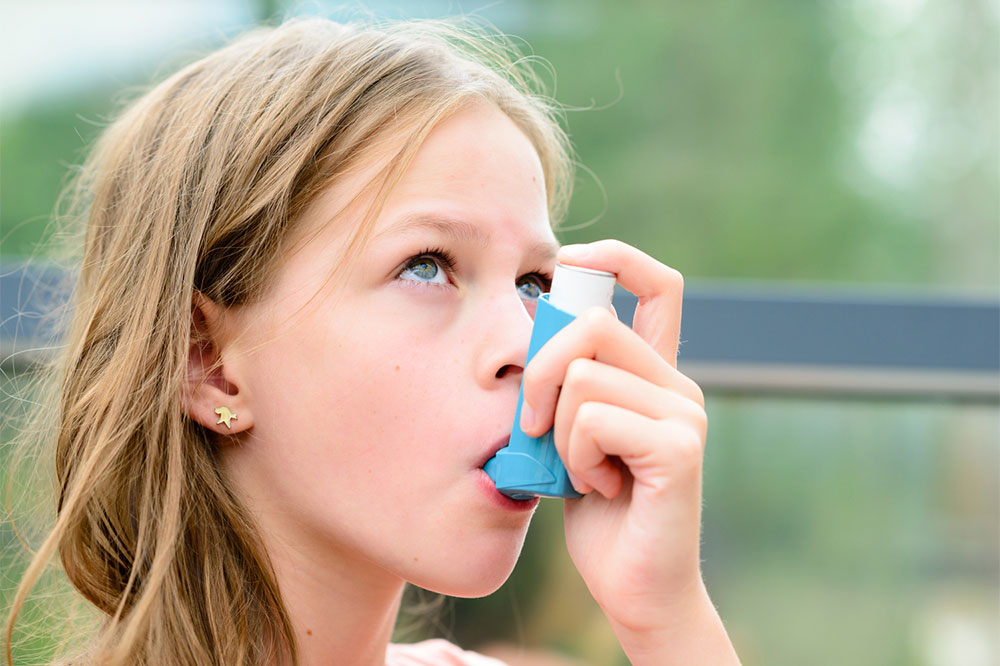Common foods that can trigger asthma in kids

Food allergies have a link with common respiratory conditions. Some foods may even trigger or worsen the symptoms immediately upon consumption. This phenomenon is known as anaphylaxis shock. But only severe food allergies or intolerances will mimic symptoms that are common with asthma. Thankfully, it is possible to identify common triggers early on to manage the condition. Here are some of the common foods to avoid that trigger asthma in children.
Processed foods
Store-bought foods contain additives, sulfites, and salicylates to increase their shelf life. They are also low in nutrition and high in calories, sugars, and refined carbohydrates. Moreover, they contain an unhealthy amount of trans fats. Asthma can worsen due to the parabens used in everyday foods, baked goods, snacks. Also, artificial dyes like tartrazine (used in sugary beverages) and preservatives (used in processed meats) can worsen the symptoms over time. While it may be difficult at first, it is better to eliminate foods like fruits, cold cereals, candies, pop tarts, and juices to avoid inflammation of the airways.
Dairy products
While kids might not necessarily suffer from lactose intolerance, some dairy products can trigger difficulties linked to asthma. Most allergic reactions occur due to milk proteins that may trigger excess mucus production. The severity of the symptoms will vary based on the type of dairy product. For some kids with asthma, moderating the consumption can avoid flareups, while others may have to eliminate dairy altogether. Also, most food intolerances cause inflammation that makes it difficult to breathe normally with existing asthma.
Eggs
Eggs, one of the best sources of protein, may also be a suspect trigger of asthma symptoms. Recent studies have shown that children who have not been supplemented with egg proteins from infancy can develop a much higher possibility of allergies, triggering or worsening asthma symptoms. Though the studies are not conclusive, it is still a risk factor to keep in mind.
In any case, it is advisable to consult a pediatrician when the child experiences persistent difficulty in breathing. This is of utmost importance for those who are already diagnosed with childhood asthma. Moreover, NUCALA is a prescription option suitable for children aged six and above who have severe eosinophilic asthma. NUCALA’s mechanism of action is designed to lower the number of eosinophils in the blood. These are a specific type of white blood cells, and in larger numbers, eosinophils can cause inflammation of the lungs, triggering asthma attacks. Targeting and destroying these white blood cells reduce airway inflammation and ease asthma symptoms in the process.